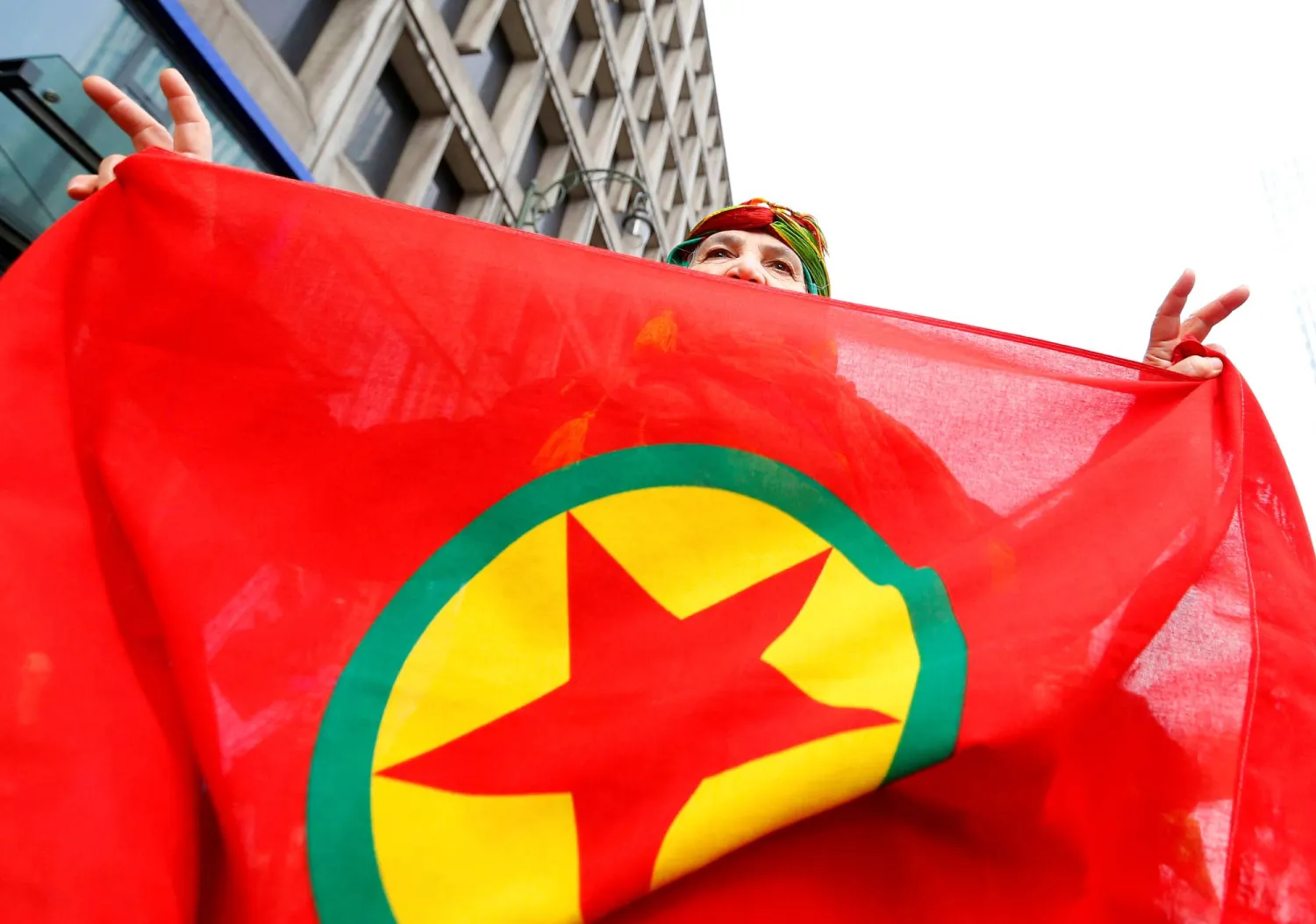Türkiye froze the local assets of 20 organizations and 62 people based in Australia, Japan and various European countries, citing alleged ties with Kurdish group PKK, a decision published in the Official Gazette showed on Wednesday.
Türkiye’s Ministry of Treasury and Finance said the decision was "based on the existence of reasonable grounds" that they committed acts falling within the scope of the law on preventing the financing of terrorism.
The list included three organizations from Germany and another three from Switzerland, both countries that are home to a large Kurdish diaspora. It also named two organizations each from Australia, Italy and Japan.
Other affected organizations were in Austria, Belgium, Denmark, France, Sweden, Norway, the United Kingdom and Iraq-Syria.
A spokesperson for Insamlingsstiftelsen Kurdiska Roda Solen, the one organization on the list in Sweden, said the group is a humanitarian aid organization with no operations and no assets in Türkiye.
Sweden as well as Finland requested to join the North Atlantic Treaty Organization (NATO) in May last year following Russia's invasion of Ukraine.
Turkish President Tayyip Erdogan raised objections to both requests, citing the Nordic nations' protection of those whom Türkiye deems terrorists, as well as their defense trade embargoes. Türkiye endorsed Finland's bid in April.
From Sweden, it has demanded further steps to control local members of the Kurdistan Workers' party (PKK), which the European Union and the United States consider a terrorist group.
Turkish Foreign Minister Hakan Fidan told NATO counterparts on Tuesday he was working hard on Sweden's NATO ratification, which the Turkish parliament is debating. He provided a likely timeline of before year-end for the Nordic country to formally join the alliance, a senior State Department official said.
Türkiye Freezes Assets of 82 Organizations, People for Alleged PKK Ties

A woman holds a flag of the PKK (Kurdistan Workers' Party) during a demonstration against Turkish President Tayyip Erdogan in central Brussels, Belgium, November 17, 2016. REUTERS/Yves Herman/ File Photo

Türkiye Freezes Assets of 82 Organizations, People for Alleged PKK Ties

A woman holds a flag of the PKK (Kurdistan Workers' Party) during a demonstration against Turkish President Tayyip Erdogan in central Brussels, Belgium, November 17, 2016. REUTERS/Yves Herman/ File Photo
لم تشترك بعد
انشئ حساباً خاصاً بك لتحصل على أخبار مخصصة لك ولتتمتع بخاصية حفظ المقالات وتتلقى نشراتنا البريدية المتنوعة







